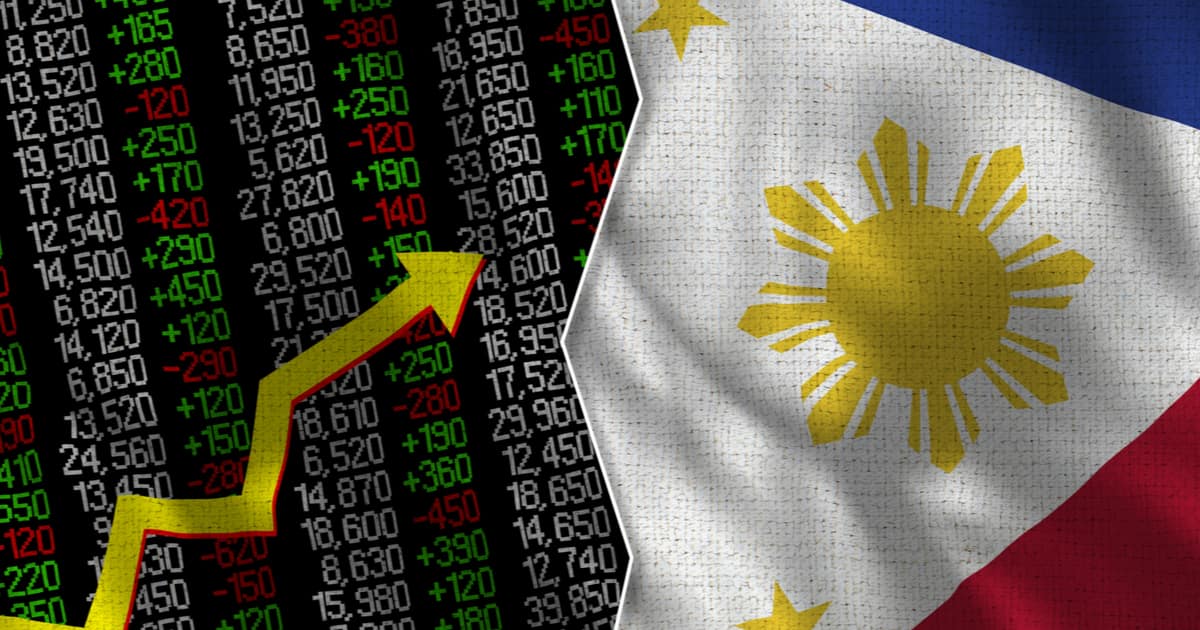The Philippine Stock Exchange (PSE) has shown its plan to launch a platform for trading cryptocurrencies regulated in the country legally, according to a CNN report last Friday. It is currently waiting for the domestic SEC and other regulatory agencies to issue relevant encryption trading guidelines.
Due to the growing local demand for digital payments, more than 10% of GDP comes from remittances from 10 million Filipinos working overseas. The asset class of cryptocurrency can not be underestimated.
Ramon Monzon, President and CEO of PSE, believed that local exchanges should be trading platforms for crypto assets; he revealed that:
“If there should be any exchange for cryptos, it should be done at the PSE. Why? Number one, it’s because we have the trading infrastructure. But more important, we’ll be able to have investor protection safeguards especially with a product like crypto.”
Despite the cryptocurrency trading trend seeming unstoppable and attractive enough to an indispensable to those investors, Ramon Monzon warns of the high volatility of the investment, reminding the risks it brings are also huge. Therefore PSE is essential to take the role of supervising relative financial activities. Monzon said that:
“Instant riches could be instant poverty too.”
The Philippines is considered a digital assets-friendly state. As early as July 29, 2020, the Philippines, through its Central Bank locally known as Bangko Sentral ng Pilipinas (BSP), has announced that it is considering issuing its own Central Bank Digital Currency (CBDC). To show its commitment to this cause, BSP Governor Benjamin Diokno noted that the bank has set up a committee to study digital currencies and their policy implications.
In addition, the Philippines has become the first to leverage blockchain to issue retail treasury bonds in Asia. The Filipino government has launched a blockchain-based app that will be utilized to distribute government-issued bonds on June 20 last year.
Image source: Shutterstock